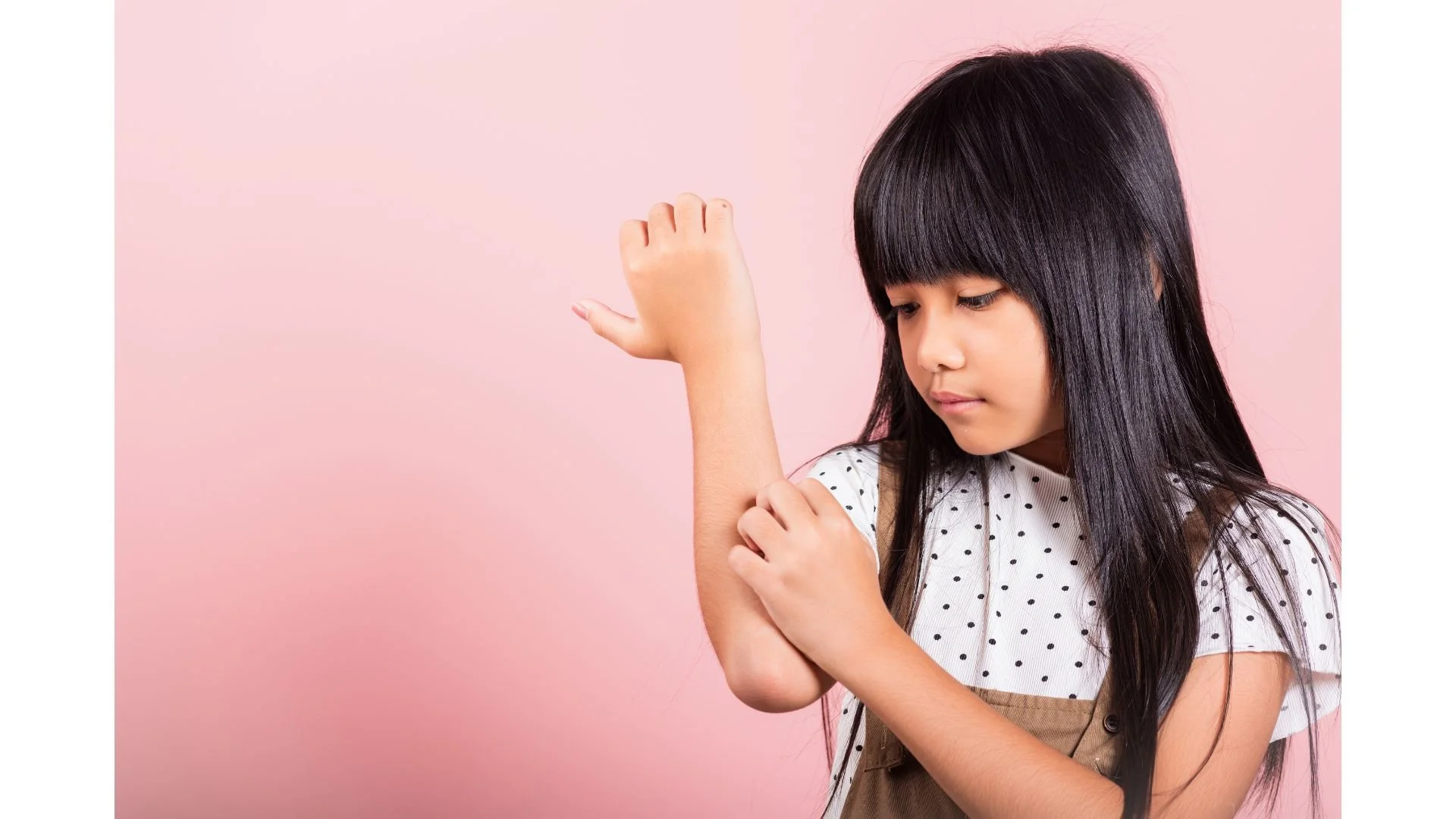Reducing Treatment Stress
Understanding Your Child’s Eczema Management Plan
Eczema management can be stressful at times. For parents and other caregivers, many factors can add to this stress, such as fitting skincare routines into busy daily schedules, confusion about treatment plans, worry about medication side effects, struggles around child cooperation with treatment, and the financial costs of medicines and skincare products.
Kids and teens often experience challenges with eczema management as well. Common experiences include:
Frustration with having to complete skincare every day, especially if eczema does not “go away”
Not liking the “sticky” feel or appearance of moisturizers on the skin
Worries that treatment will be painful
Problems coordinating treatment with other important activities, like sports, homework, and social events
If you or your child have experienced any of these challenges, you are not alone. There are strategies that families can use to reduce treatment stress and increase confidence about eczema management at different ages and stages of development.
How Do Eczema Treatments Work?
Although there is no “cure” for eczema, the different parts of your child’s eczema treatment plan work together to keep symptoms under control and help your child feel more comfortable. Good daily skincare is important to keep the skin barrier strong.
Baths and showers help: Put moisture back into the skin and wash off allergens, irritants, and bacteria.
Topical (on the skin) steroids and other non-steroid topical medicines help: Reduce inflammation so there are fewer rashes and the skin is less itchy and sore.
Other medications such as biologic therapies (like Dupilumab) and Janus Kase (JAK) inhibitors help: target the part of the immune system that causes the itchy skin rash.
Moisturizer helps: seal water in the skin and strengthen the skin barrier.
Diluted (watered down) bleach baths help: Lower inflammation, reduce itch, and possibly reduce infections.
Wet wraps help: Hydrate and soothe the skin, make medicines work better, and protect from scratching.
Avoiding known triggers helps: reduce skin irritation, flares, and itch.
Using your Eczema Action Plan:
Most of the work in managing eczema happens at home, so it’s important for caregivers to understand and feel comfortable with their child’s management plan.
An eczema action plan is a set of written instructions about the steps you need to take to manage your child’s eczema at home. It is a personalized plan that your child’s healthcare provider creates for your child.
Your child’s eczema action plan should include:
How to recognize flares.
What treatments to use when your child’s eczema is in good control.
What treatments to use when your child is having an eczema flare.
How often to use each medication/treatment.
Where on the body to use each medication and how much to use.
When and how to contact your child’s healthcare professional between appointments.
Parents, healthcare professionals, and children are all important parts of the eczema management team.
Talk to your child’s healthcare provider if you have:
Any questions about how to follow your child’s eczema action plan
Worries about treatment safety or side effects
Challenges following your child’s plan in daily life
Trouble getting or affording medications or skincare products
Worries about topical steroids and other eczema medications are common. It’s important to understand how to use medications safely. Often, treating a flare early can mean less use of medications compared to waiting until the flare is worse.
When your healthcare provider understands barriers to following the routine, they can often help you problem solve and engage in shared decision making about an eczema management plan that works for your family.
Learn more about eczema treatments:
Global Parents for Eczema Research: https://www.gper.org/treatment-navigator
Boston Children’s Hospital (US): Atopic Dermatitis: A Guide for Your Family (pdf)
National Eczema Association (US): https://nationaleczema.org
American Academy of Pediatrics: https://www.healthychildren.org/English/health-issues/conditions/skin/Pages/How-to-Treat-and-Control-Eczema-Rashes-in-Children.aspx
Eczema Care Online (UK): https://www.eczemacareonline.org.uk/en/landing-page-my-child
















